

Domum 2023
Winchester, I suggest, has four principal qualities. Beauty is the easiest of the four to define. ‘One of the cardinal monuments of English architecture’ is how one historian describes Wykeham’s original College: it is ‘the perfected example of the perpendicular style’. The poet John Keats describes the river as beautifully clear and the air as worth ‘sixpence a pint’. Quality comes next. This is not just educational but moral and philosophical, the outer beauty being a sign of the inner spiritual strength. According to Abbot Suger of St Denis, Gothic architecture represented man’s striving after something higher. Our curriculum refuses to deliver only exam results, but safeguards that final relic of Renaissance humanism called Div. Winchester’s past, my third quality, is of course distinguished. We all know it. We all experience it at Medal Speaking or Founder’s Obit, or in Moberly Library or in Treasury, or on the daily walk through War Cloister.
Which brings us to the fourth and final point: a sense of obligation about the future. ‘The past is not sufficient’ said the school’s second founder George Ridding. ‘The question for each of us is not are we enrolled in the traditions of this place, but have we the spirit of it.’ Harry Altham makes the same point:
So, each generation passes, as a shadow o’er the grasses,
But leaves something sure abiding amid all life’s shifting sands,
For those who follow after, of their hearts, their hopes, their laughter,
The foundation of the spirit, in a house not made with hands.
Ridding was quite clear on the resultant imperative. ‘Great names and venerated histories have their enabling powers so long as they are examples saying “Go thou and do likewise”’. So do not be taken in by the flummery of the occasion called Domum. Don’t be taken in either by the sugary text of the song called Domum. Ironically it is not about the joys of school but the delights of getting home.
At the end of the day no one can succeed in defining or analysing the spirit of Winchester – a spirit which cannot be neutralised. There are some things which it is easier to experience or to grasp than to express. Domum is surely one of them. Please reflect on it long after tonight, its content but also its consequences. Concinamus ad penates. The past is not sufficient. Great names and venerated histories have their enabling powers so long as they are examples saying ‘Go thou and do likewise’.

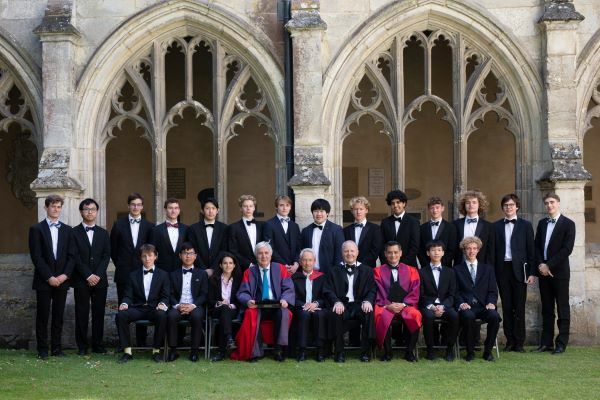
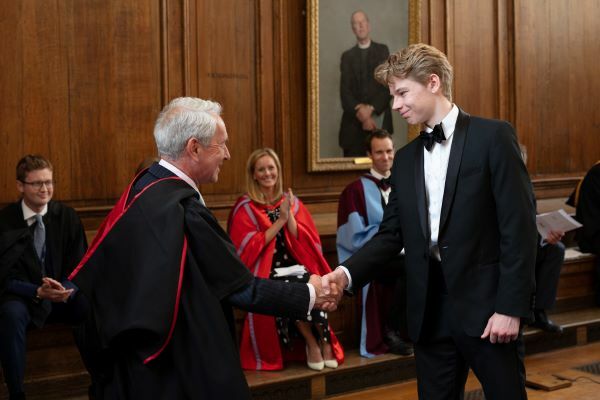
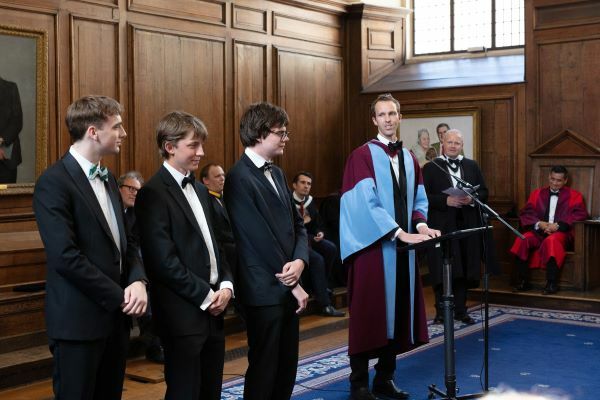
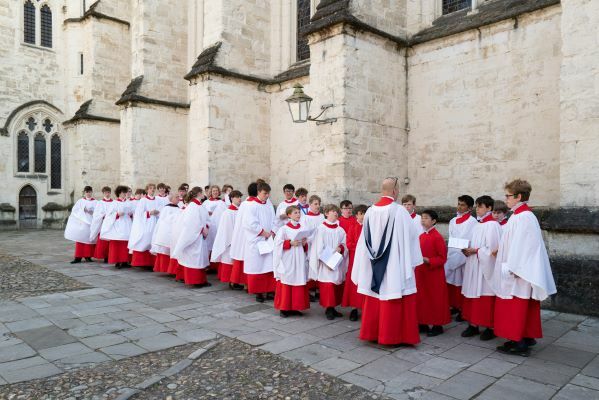
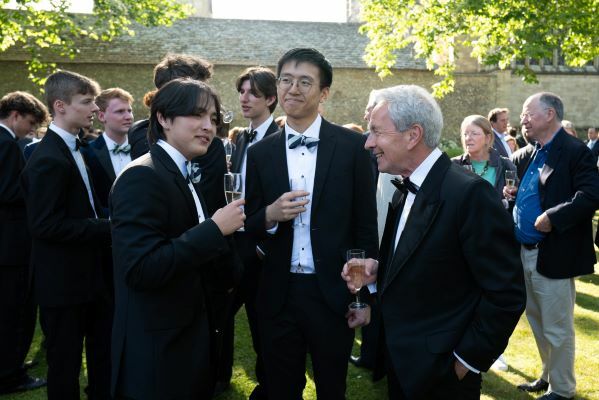
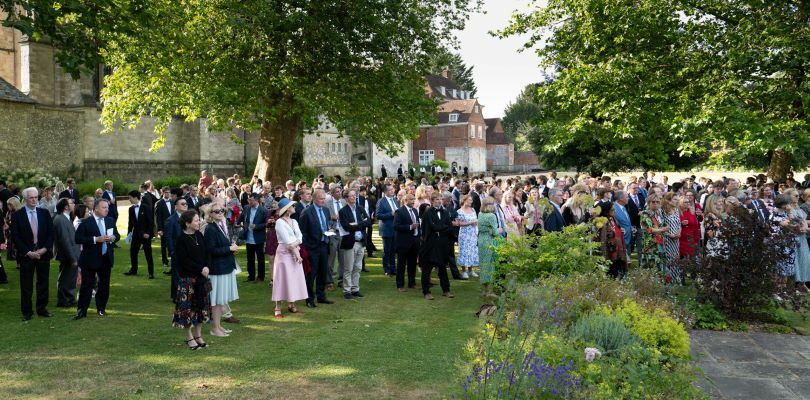
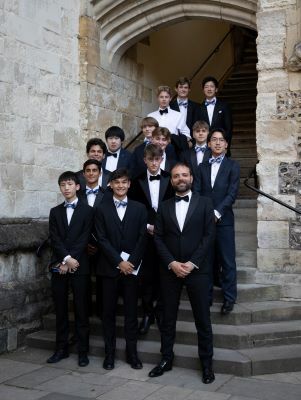


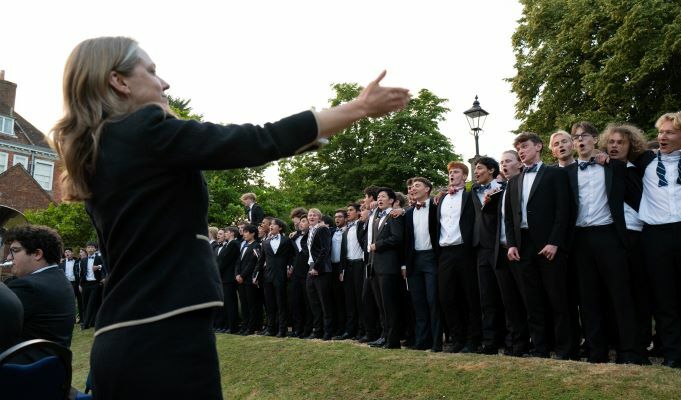
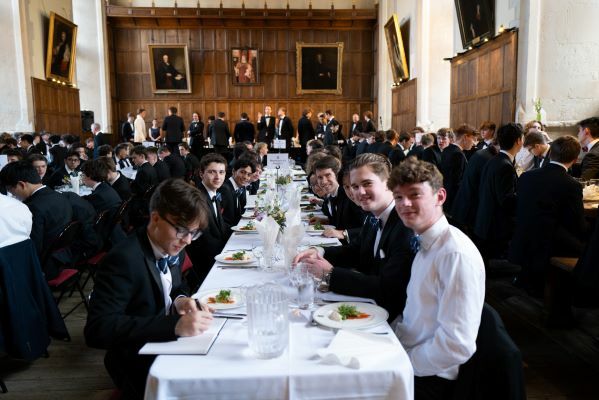
 View the Order of Service
View the Order of Service
 Head back to stories
Head back to stories